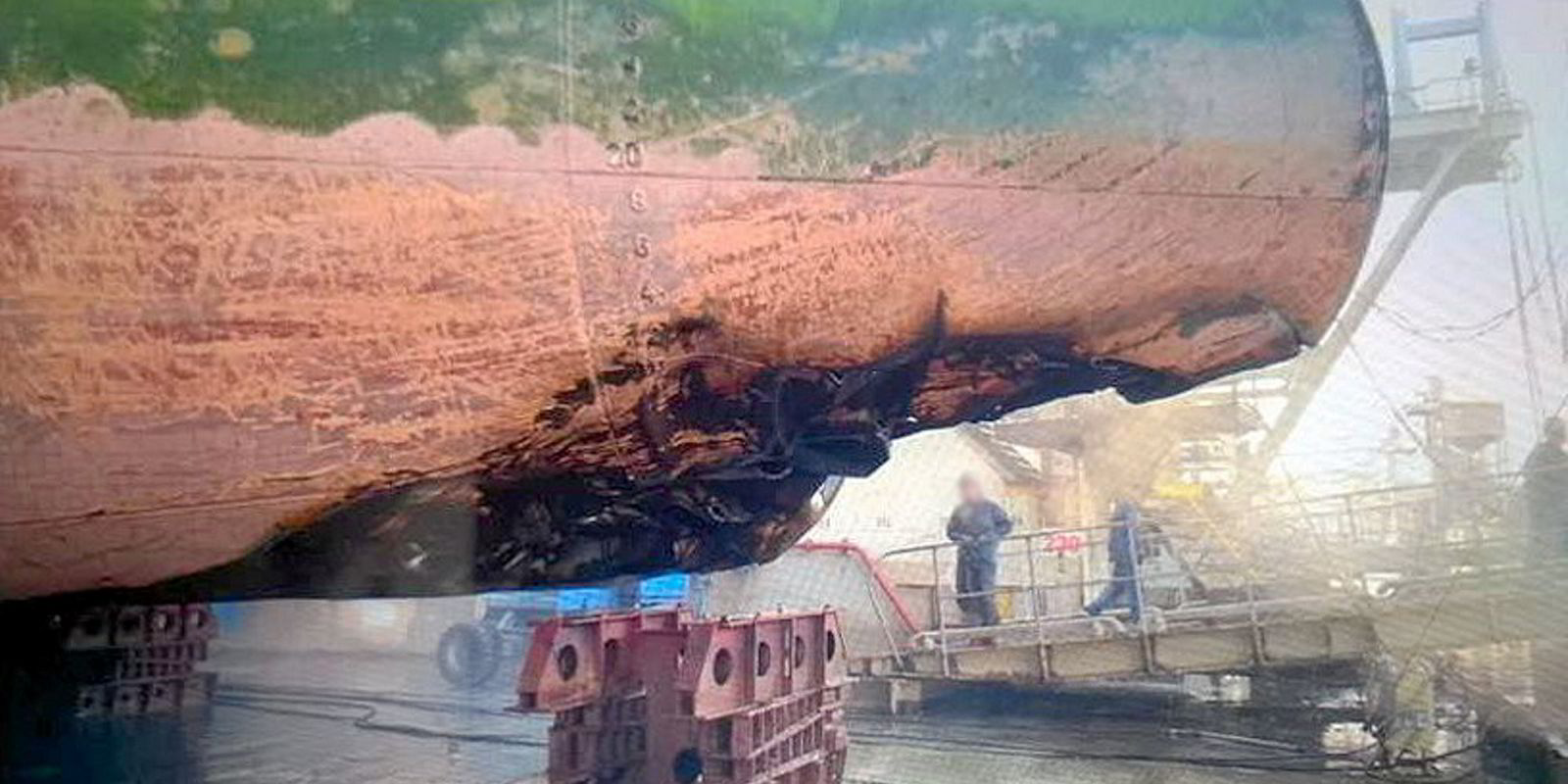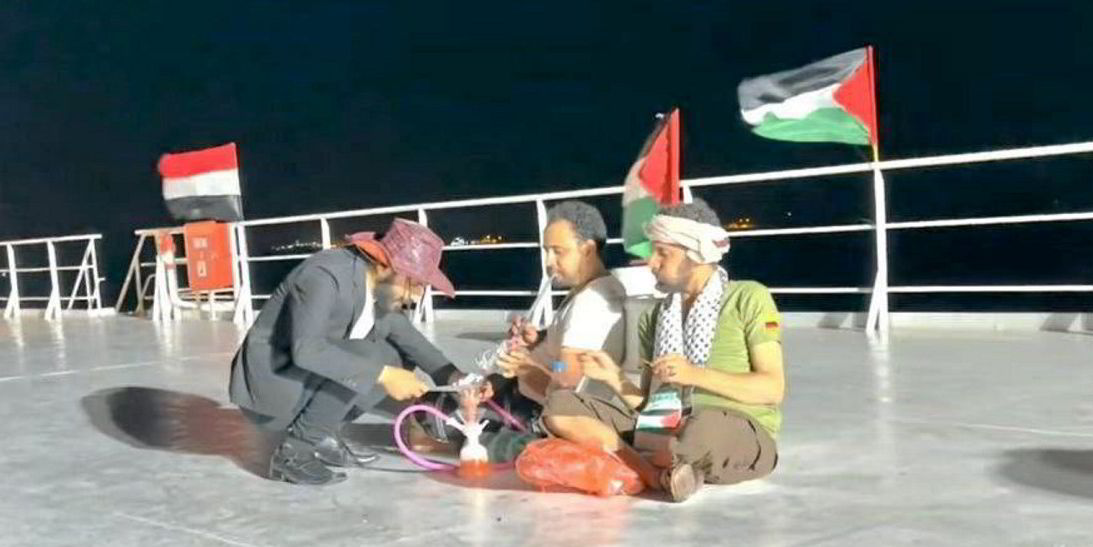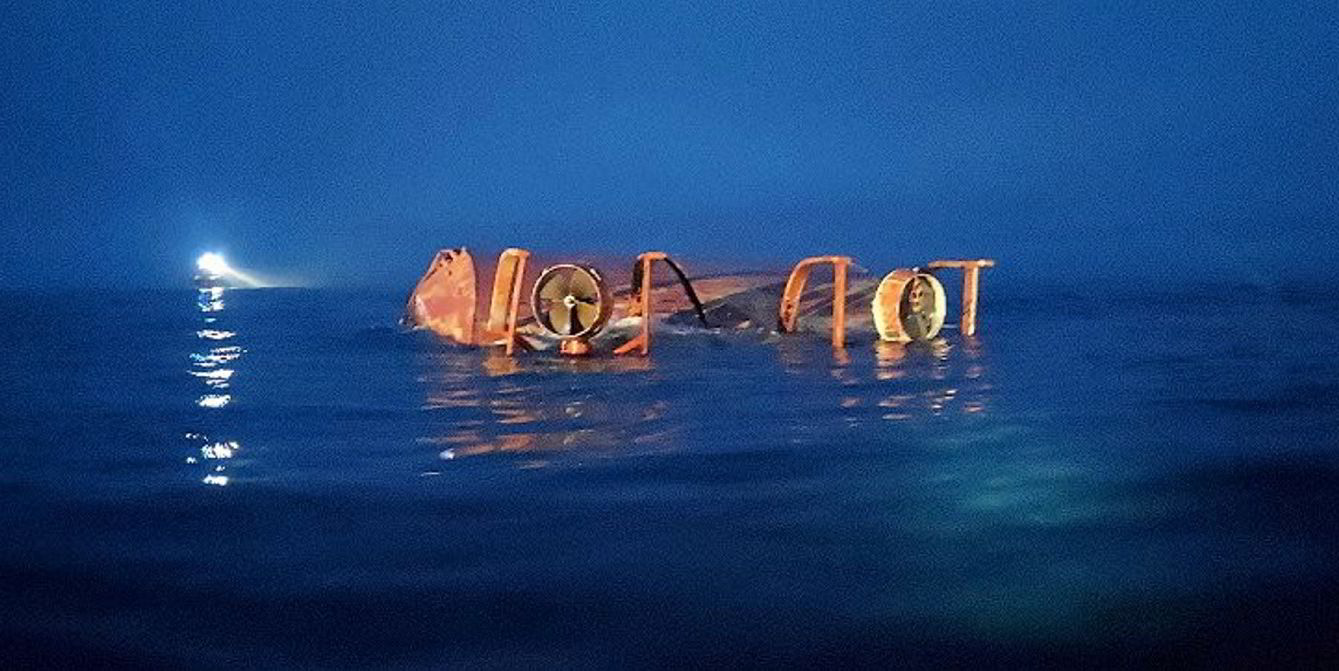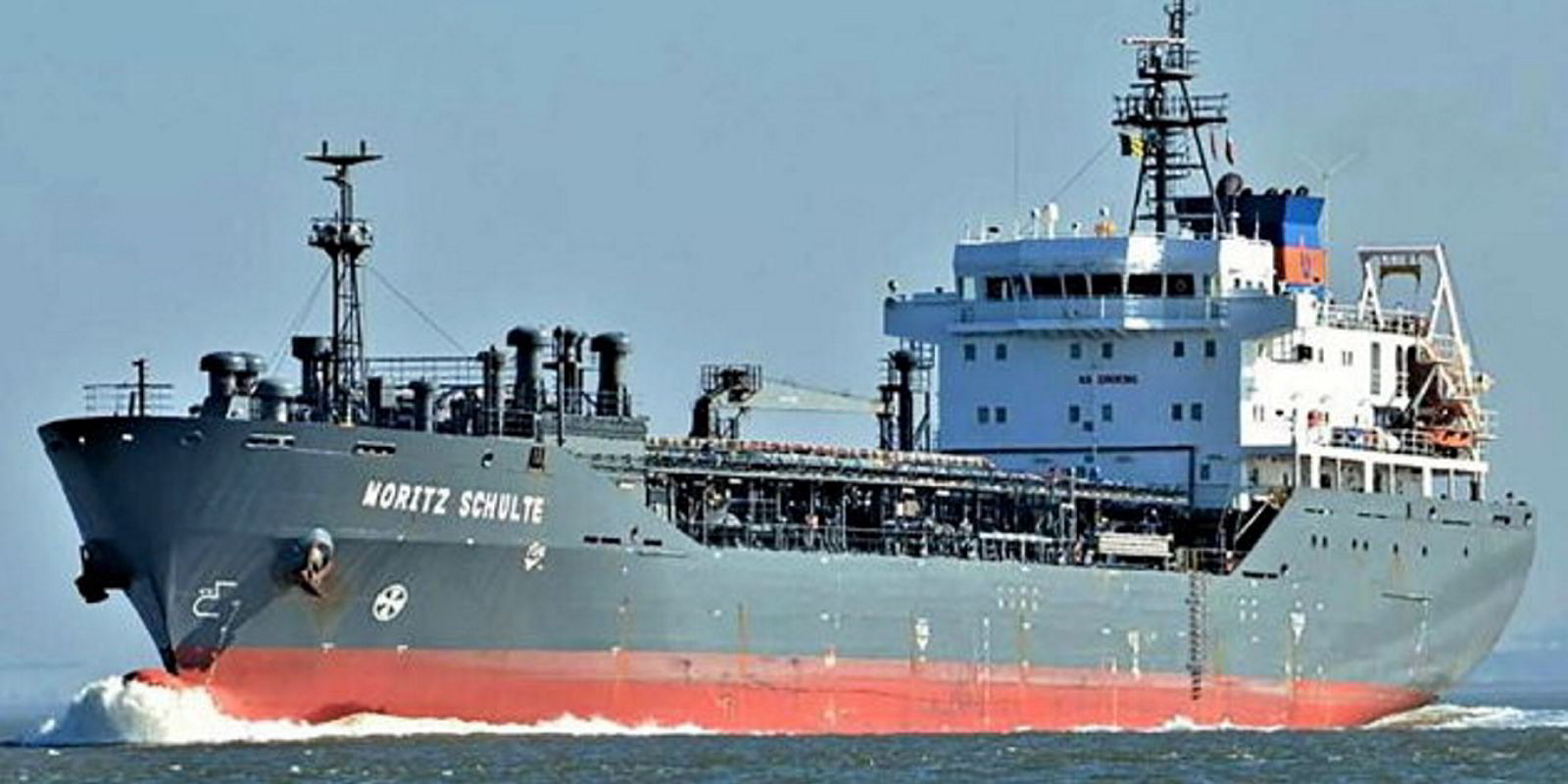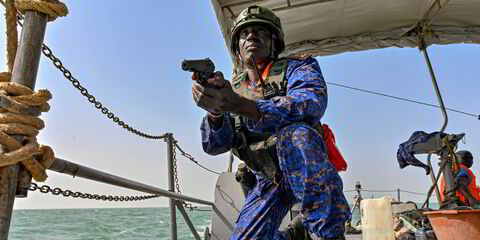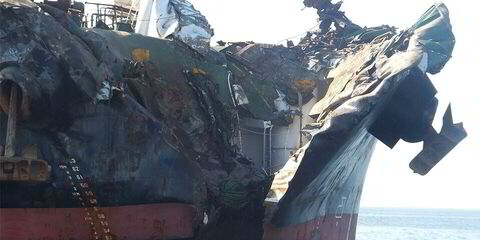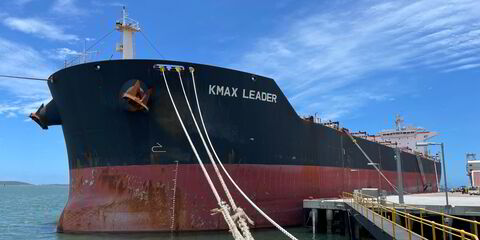A catalogue of safety failures has been revealed by a probe into the grounding of a German multipurpose vessel off Scotland in 2021.
Briese Schiffahrt’s 6,200-dwt BBC Marmara (built 2010) suffered “significant damage” in the early hours of 25 July off Eilean Troday, the UK Marine Accident Investigation Branch (MAIB) found.
The report blamed a combination of the removal of bridge safeguards, alcohol abuse and a lax management culture on the ship.
The vessel was refloated successfully but a dive inspection showed part of the hull had been holed in the bow thruster space and forepeak tanks.
MAIB found the vessel diverged from the planned track when the second officer fell asleep.
He had been drinking before and after going to the bridge.
The safeguards to prevent an accident — a lookout, the Bridge Navigational Watch Alarm System (BNWAS) and coastguard interventions — had been “removed”, MAIB said.
“Abuse of alcohol was tolerated by senior officers and events leading up to the grounding were indicative of a lack of responsibility at every level of management on board,” the organisation added.
The vessel traffic management (VTM) operator at Stornoway became distracted by another task because they had not received training nor had sufficient processes to manage the risk of distraction, the report also found.
During the voyage, an able seaman learned of the death of a family member and invited colleagues, including the Ukrainian second officer, back to his cabin for an informal wake.
Beer and Jagermeister
From about 2030 hours, they drank beer and Jagermeister.
At 2330, the second officer left to take over the watch.
After midnight, the two other drinkers brought three more cans of beer to the bridge, given to them by the master.
Following a lively conversation, the drinking of the beer, and some joking around between the three crew members, the officer talked a cadet through the process of making a VHF radio call, the report reveals.
Conversation then continued between the three crew members, while music was played.
By 0100 hours the officer was alone. The ship overshot a course alteration an hour later.
The Electronic Chart Display and Information System (ECDIS) alarm sounded 15 times until a course change was made.
Loud snoring
At 0248, loud snoring could be heard on the voyage data recorder.
At 0330, the ECDIS look-ahead alarm sounded and two minutes later the ship was aground.
The second officer is a 37-year-old who has worked for Briese Schiffahrt since 2014.
This was his first contract on board the BBC Marmara, having joined two months before the accident.
The report said he was “dealing with personal stress due to marital and financial issues”.
It is unknown how much alcohol he had drunk before going to the bridge.
“However, even before drinking the beer given to him on the bridge, he would likely have been significantly influenced by the effects of the alcohol he consumed during the three hours in the AB [able seaman]’s cabin,” MAIB added.
Action taken
Briese Schiffahrts has been recommended to determine and implement crewing resources needed to avoid a conflict between safe navigation and operational tasks such as maintenance.
A lookout should be on the bridge during hours of darkness and in restricted visibility, MAIB said.
The owner and manager has since taken action to improve the effectiveness of its safety management system, especially in relation to the consumption of alcohol and the use of lookouts and watch alarms.
Briese Schiffahrt has been contacted for further comment.
The UK’s Maritime and Coastguard Agency has been asked to study the cognitive performance needed by coastguard teams to successfully maintain the VTM function throughout the national network.
Last week, TradeWinds reported that Briese Heavylift saw a third vessel banned from sailing in Australian waters in less than six months.
The Australian Maritime Safety Authority issued the 90-day ban against the 12,000-dwt BBC Jade (built 2008) after inspectors in Port Alma found that 57 tonnes of explosive substances had been incorrectly stowed on board the vessel during transit.(Copyright)
